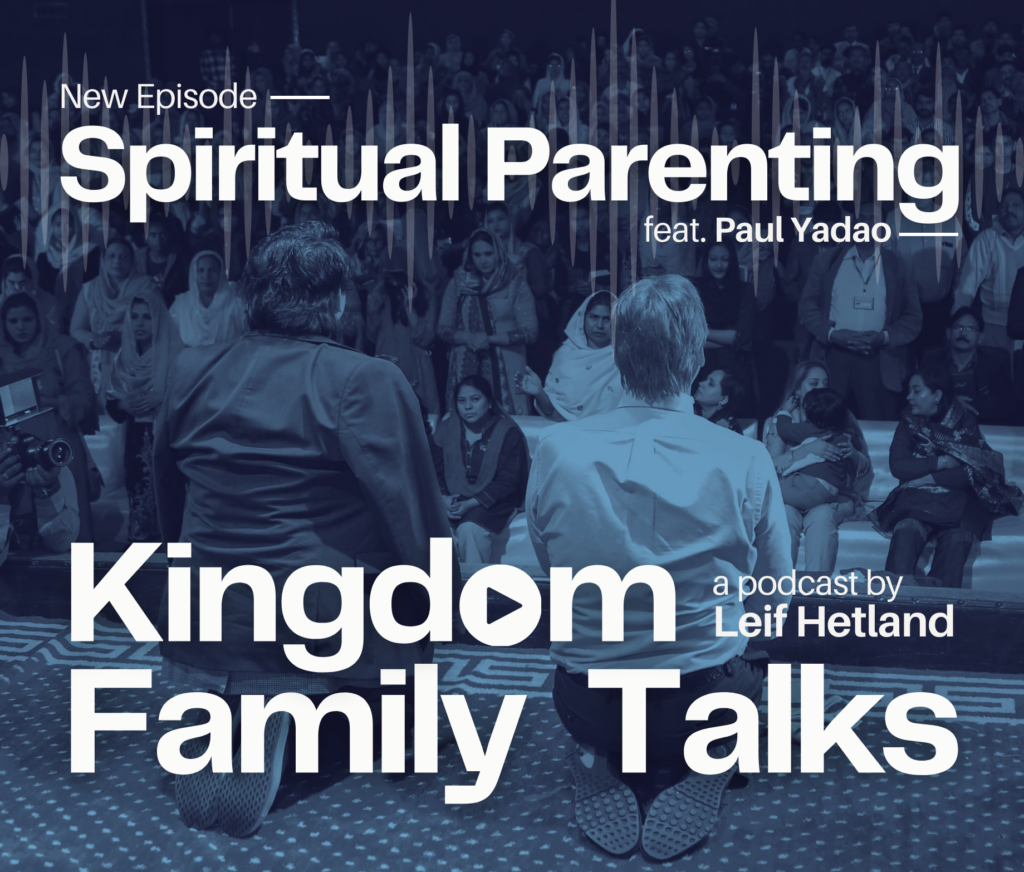Children of Inheritance
The process for my daughter to receive a car from me took time. She was a daughter of blessing, but it took time for her to become a daughter of inheritance. What’s the difference? A blessing is something the father has paid for. He feeds his children, buys them what they need, and takes care of everything for them. There’s a season for that. As a child matures, the father’s gifts become less about blessing and more about the family wealth. Is she mature enough to steward what I have worked for over the years? Does she take responsibility? Will she use what she has been given for a greater purpose—to expand it, multiply it, or invest it—rather than simply spend it? That’s how a child becomes a son or daughter of inheritance.
We see this with Jesus and his natural parents. He didn’t just learn how to be a carpenter; He became a master craftsman. He mastered His father’s skills. His heavenly Father translated that responsibility a much different and much more significant inheritance than his family was about to give Him, but Jesus had demonstrated in both realms that He could be entrusted. He would be faithful to steward the supernatural and inherit the kingdom.
It is interesting in Luke 15 that the father of the rebellious and religious sons treated them as sons of inheritance before they had shown the necessary maturity. He said, “All that I have is yours,” while they were still acting like orphans. It’s normal as a child to value a father for what he can do for you, but sons and daughters eventually grow out of that. They realize they are being given access to something someone else paid for, and they learn to honor it and value it. They take what fathers and mothers have worked hard for and then build on it.
We have to go through a process of maturity so that we will handle the inheritance we receive in a way that helps us and does not hurt us. That is why the Father can say, “All that I have is yours,” and it still is not in your hands yet. It is yours—to inherit, but perhaps not yet to possess. You must learn to value what you receive so you can steward it well. Whatever you know how to steward, you know how to multiply. Whatever you multiply, you have authority over. The parable of the seeds and the soils teaches us to see not just a seed but a 30-fold, 60-fold, or 100- fold harvest. We can’t just ask for what someone else has without going through what they have been through. You may be able to access their inheritance, but that only comes as you honor the relational elements they have experienced.
Your Father does not want your blessings to take you away from the One who blesses you.
I’ve seen many people tap into the inheritance of a spiritual father and move in that power and fruitfulness for a while, then decide that they don’t need that mentor or father anymore. They don’t realize that one of the reasons they were able to access the blessing was by being under that person. When we know how to honor inheritance and take responsibility for it, we can build off what others have paid a price for. We take one generation’s successes and invest them in the next generation.
What inheritance has the Father revealed to you? How can you continue to faithfully steward what Jesus has paid for?
See other blogs
A Tsunami Wave of Love
Ep. 171 – Healthy Spiritual Parenting | ft. Paul Yadao
Want to stay connected?
Weekly bite-sized wisdom designed
to equip, educate, and empower you in the journey.



